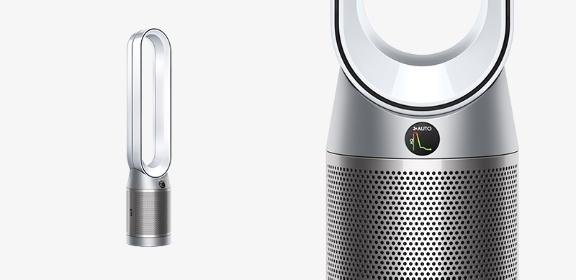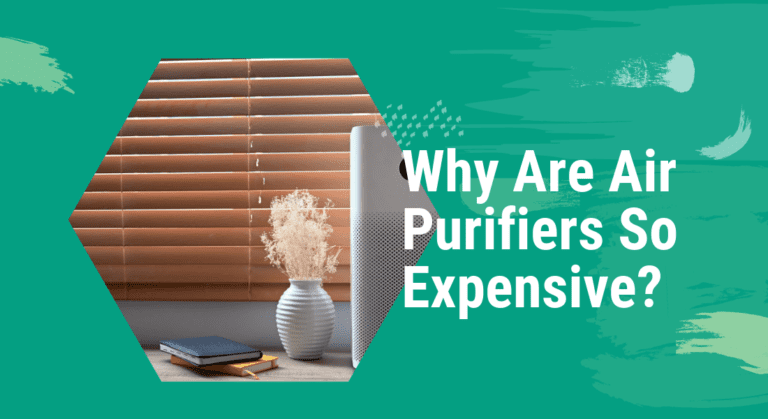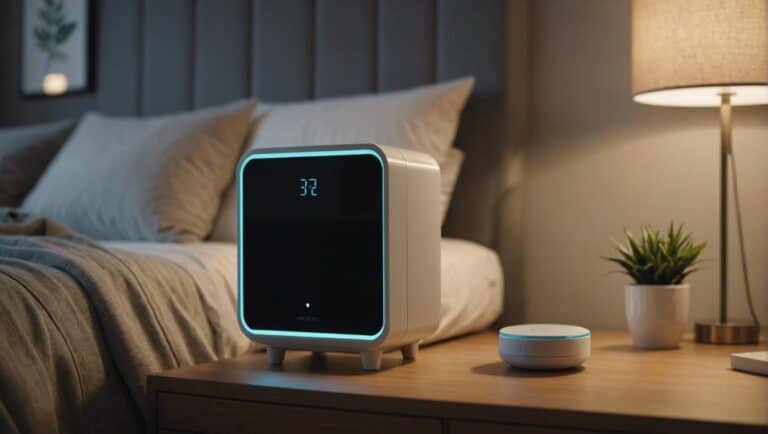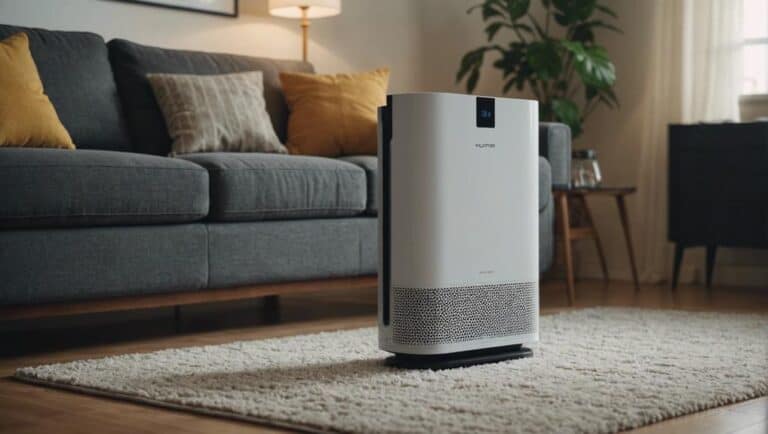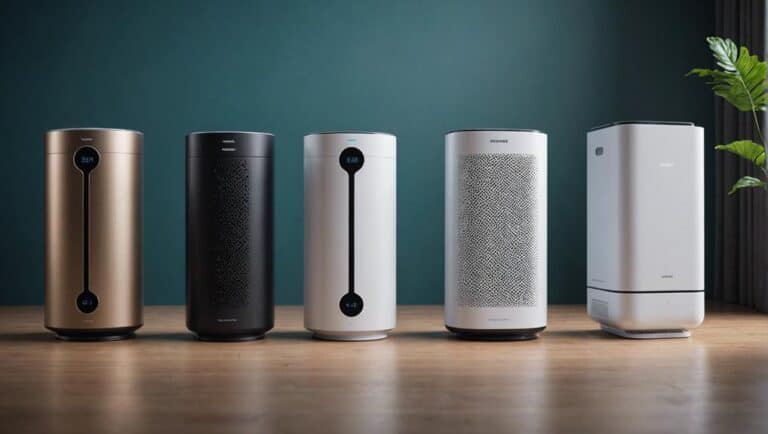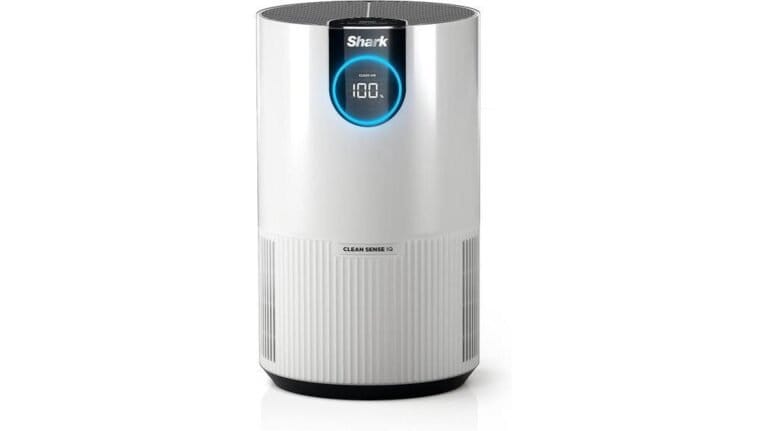Can Dyson Air Purifiers Cause Cancer? Separating Fact from Fiction
In recent years, concerns over air pollution and its impact on our health have grown significantly. As a result, many individuals are turning to air purifiers as a means of improving the quality of the air they breathe in their homes and offices.
Among the leading brands in this industry is Dyson, known for its innovative technologies and sleek designs. However, amidst rising popularity, some questions have emerged regarding the safety of using Dyson Air Purifiers and their potential link to cancer development. In this article, we aim to separate fact from fiction by delving into scientific research and expert opinions surrounding this contentious issue.
By analyzing all available evidence objectively, we hope to provide you with a comprehensive understanding of whether Dyson Air Purifiers can indeed pose any risks when it comes to your health.
Understanding the Basics: How Do Air Purifiers Work?
Air purifiers are designed to remove pollutants and improve indoor air quality. They work by pulling in air through a series of filters that trap particles such as dust, pollen, pet dander, and smoke. The purified air is then released back into the room, creating a cleaner and healthier environment.
The filtration process typically involves multiple layers of filters. A pre-filter captures larger particles like hair and lint, while a HEPA filter is responsible for trapping smaller allergens. Some air purifiers also have activated carbon filters that can absorb odors and chemicals. In addition to these filters, certain models may use ionizers or UV lights to further eliminate airborne contaminants.
It’s important to note that air purifiers do not produce harmful substances or radiation that could cause cancer. Their primary function is simply to clean the air by removing pollutants. However, it’s always advisable to choose certified products from reputable brands like Dyson to ensure their safety and effectiveness.
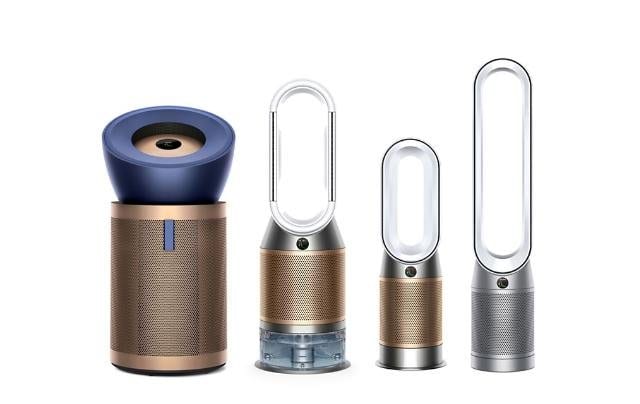
Debunking the Myth: Is There a Link Between Dyson Air Purifiers and Cancer?
The Facts about Dyson Air Purifiers and Cancer
- No scientific evidence supports the claim that Dyson air purifiers cause cancer.
- Multiple studies have been conducted to investigate the potential link between air purifiers and cancer, including those specifically focusing on Dyson models. None have found any association.
- In fact, air purifiers like those produced by Dyson are designed to improve indoor air quality by removing pollutants and allergens, which could potentially reduce the risk of certain health issues, including respiratory problems.
Understanding the Misconception
- One reason behind the misconception may be a misunderstanding of how air purifiers work. Some people might assume that because these devices filter out harmful particles from the air, they must emit dangerous substances themselves. However, this is not true.
- Another factor contributing to this myth is likely misinformation or misinterpretation of individual anecdotes or rumors spread through word-of-mouth or online forums.

Examining the Evidence: Scientific Studies on Air Purifier Safety
Scientific Studies on Air Purifier Safety
Several scientific studies have examined the safety of air purifiers, including Dyson models. One study published in the American Journal of Respiratory and Critical Care Medicine concluded that using air purifiers reduced the levels of particulate matter and volatile organic compounds (VOCs) indoors. Another study conducted by researchers at Yale University found that an air purifier effectively removed harmful particles from the air, improving indoor air quality.
The World Health Organization (WHO) also acknowledges that residential air filtration can be effective in reducing indoor air pollution. According to their guidelines, high-efficiency particulate air (HEPA) filters used in many modern air purifiers can remove airborne particles such as dust, pollen, and smoke.
In summary, these studies suggest that when used properly, Dyson and other reputable air purifiers can help improve indoor air quality by reducing harmful particles and VOCs. It is important to follow manufacturer instructions for maintenance and filter replacement to ensure optimal performance.
The Role of VOCs: Can Dyson Air Purifiers Remove Harmful Chemicals?
Volatile organic compounds (VOCs) are a significant concern when it comes to indoor air pollution. These chemicals, found in paints, cleaning products, and even furnishings, can have harmful effects on our health if not properly addressed. Fortunately, Dyson air purifiers are equipped with advanced technologies that can effectively remove these harmful chemicals from the air.
How do Dyson air purifiers tackle VOCs?
Dyson’s air purifiers utilize a combination of high-efficiency particulate air (HEPA) filters and activated carbon filters to capture and eliminate VOCs. HEPA filters trap microscopic particles like dust and pollen while allowing clean air to pass through. Activated carbon filters contain thousands of tiny pores that adsorb molecules of VOCs, trapping them within the filter.
The ability of Dyson’s air purifiers to target VOC removal makes them an excellent choice for individuals concerned about their indoor air quality. By efficiently tackling these harmful chemicals, they provide peace of mind knowing that your home is free from potential health hazards associated with prolonged exposure to VOC contamination.
Safe Usage Practices: Tips for Using Dyson Air Purifiers Without Health Concerns
To maintain a healthy environment when using Dyson air purifiers, follow these simple tips:
- Keep the room well-ventilated: While the Dyson air purifier efficiently removes pollutants from the indoor air, it’s still important to have proper ventilation in your space. Opening windows or using fans can help circulate fresh air and prevent any potential build-up of harmful substances.
- Regularly clean and maintain your device: To ensure optimal performance, clean the filters in your Dyson air purifier regularly as recommended by the manufacturer. This prevents clogging and maximizes its efficiency in removing allergens, dust, and other particles from the air.
- Use caution with filter replacement: When replacing filters, carefully read and follow all instructions provided by Dyson. Avoid touching or inhaling any substances trapped within old filters.
Remember that while there is no scientific evidence linking Dyson air purifiers to cancer, maintaining good indoor air quality is essential for overall wellbeing. By adopting safe usage practices like those mentioned above, you can confidently enjoy cleaner and healthier air with your Dyson device without health concerns.
Making an Informed Decision: Choosing the Right Air Purifier for Your Needs
Choosing the Right Air Purifier for Your Needs
When it comes to selecting an air purifier, it’s important to consider your specific needs and requirements. Here are some key factors to keep in mind:
- Understand your air quality: Before investing in an air purifier, assess the quality of the air in your home or office. Consider any known allergens, pollutants, or odors that may be present.
- Identify your priorities: Determine what you want to target with an air purifier. Are you primarily concerned with eliminating allergens like pollen or dust? Or are you more focused on removing odors or reducing chemical pollutants?
- Check the filter type: Different types of filters address different concerns. HEPA filters are great at capturing particles such as pollen and pet dander, while activated carbon filters excel at removing odors and chemicals.
- Consider room size: The square footage a particular model can effectively purify is vital information when choosing an air purifier. Make sure the one you select can adequately handle the size of your space.
